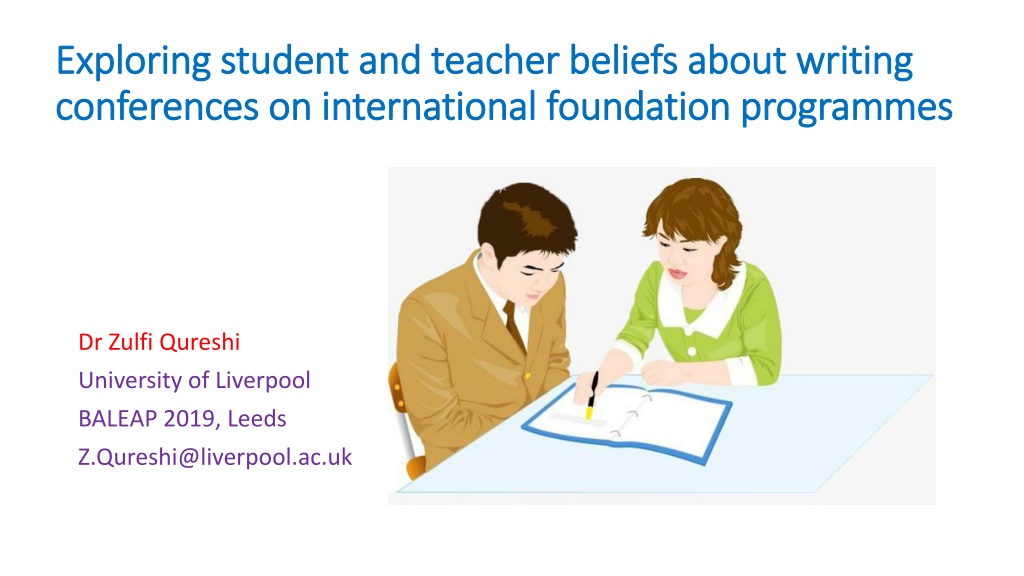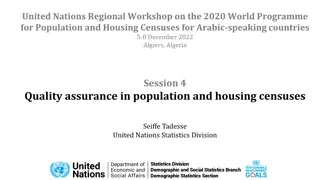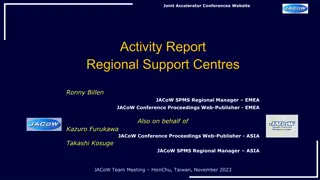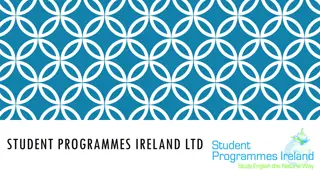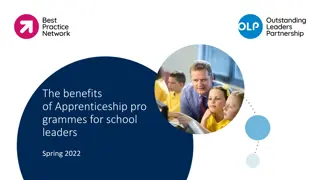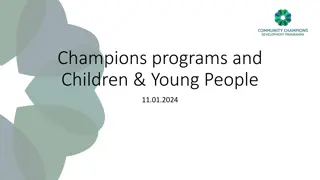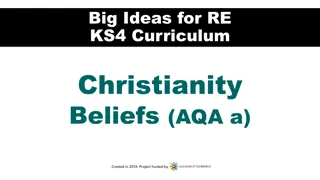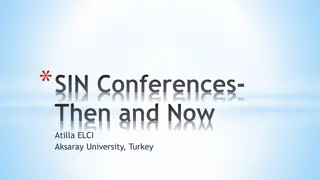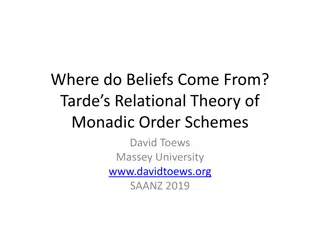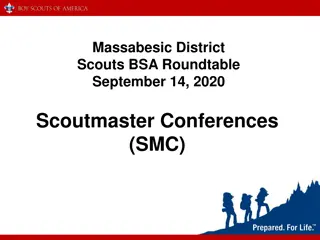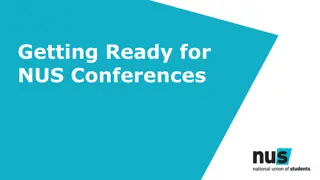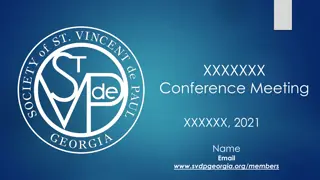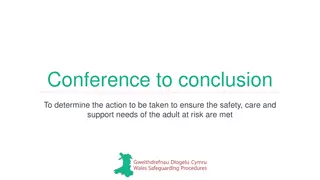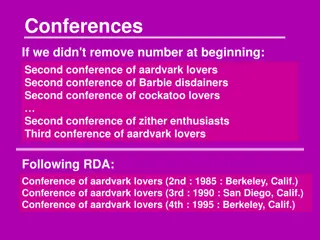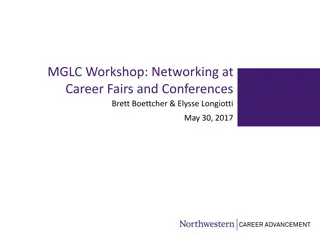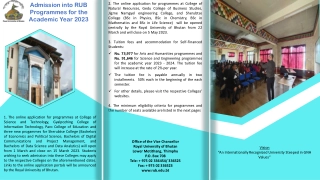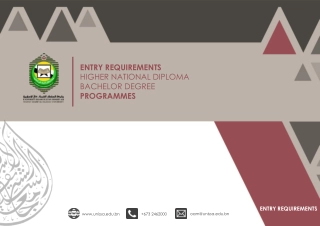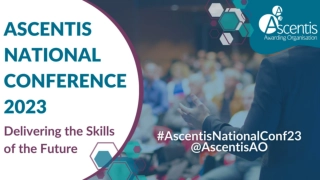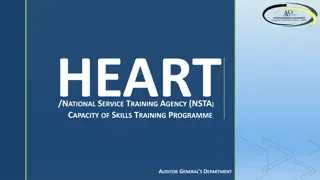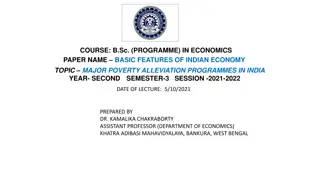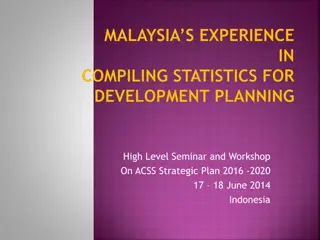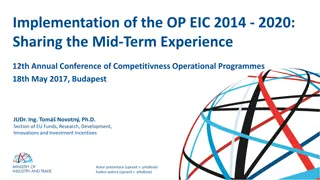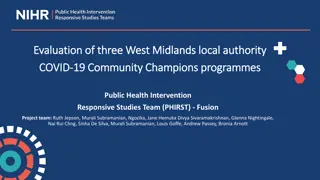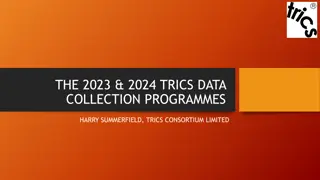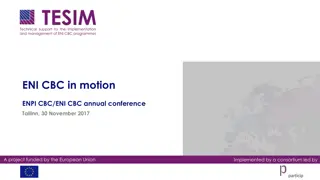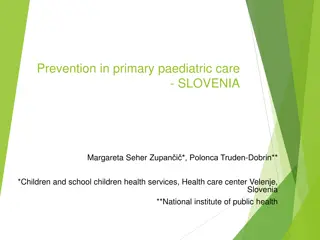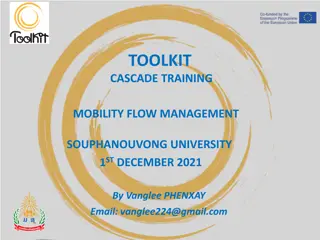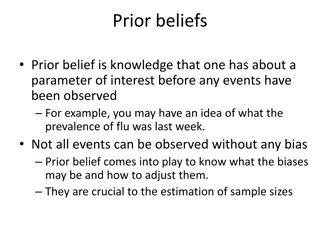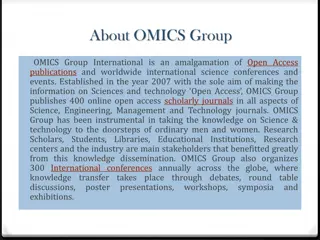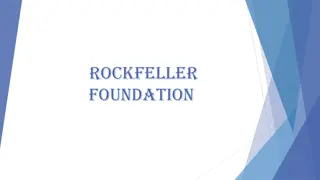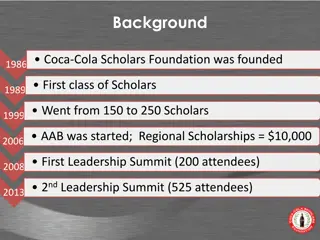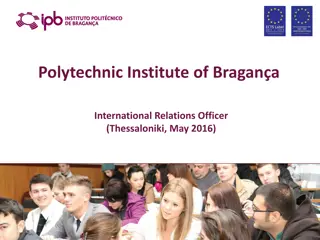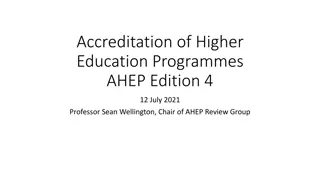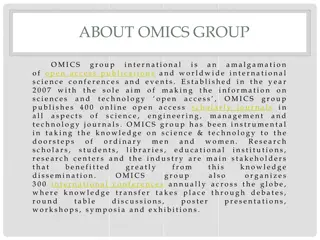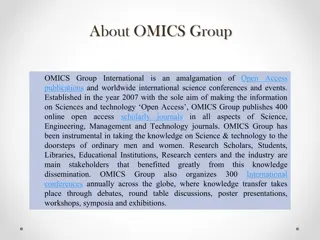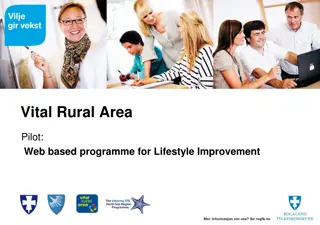Understanding Beliefs About Writing Conferences in International Foundation Programmes
Exploring student and teacher beliefs about writing conferences in international foundation programmes, Dr. Zulfi Qureshi from the University of Liverpool presents findings from a study conducted at BALEAP 2019. The presentation delves into the key terms of beliefs and conferences, why the exploration of this issue was important, how it was investigated, and the implications for international students, EAP practitioners, and course providers.
- Writing Conferences
- Beliefs
- International Foundation Programmes
- EAP Practitioners
- Student-Teacher Interaction
Download Presentation

Please find below an Image/Link to download the presentation.
The content on the website is provided AS IS for your information and personal use only. It may not be sold, licensed, or shared on other websites without obtaining consent from the author. Download presentation by click this link. If you encounter any issues during the download, it is possible that the publisher has removed the file from their server.
E N D
Presentation Transcript
Exploring student and teacher beliefs about writing Exploring student and teacher beliefs about writing conferences on international foundation programmes conferences on international foundation programmes Dr Zulfi Qureshi University of Liverpool BALEAP 2019, Leeds Z.Qureshi@liverpool.ac.uk
What am I going to talk about What am I going to talk about? ? Key terms: beliefs, conference Why did I want to explore this issue? How did I investigate it? What did I learn? Using the participants own words Implications for international students, EAP practitioners and course providers References Questions
Key term: Key term: Belief Belief and and Conference Conference Belief: a form of thought, construction of reality, ways of seeing and perceiving the world and its phenomena which are co-constructed within our experiences and which result from an interactive process [with] the world and with others (Barcelos 2014) Conference: a term used more commonly in US literature to what we might call a tutorial , viz. a face to face meeting between a teacher (or tutor in a writing centre) and a student writer to discuss a written draft. Advocates see it as a place to promote dialogic feedback , explain complex issues and give students a space to express their voice and ownership over their writing. Critics highlight the challenges it presents for L2 writers in particular, viz. to listen, speak and understand in real time
Why did I want to explore this issue? Why did I want to explore this issue? Me: Did you like the conference? St: It was OK but you don t tell me what I want for my essay you only want me talk!
B E L I E F S Student Teacher
How did I investigate it? How did I investigate it? The research context The research context Doctoral study UK university setting Year round International Foundation Programme (IFP) Students had to write one long essay per semester with two drafts Department exercised a process-oriented approach blended with a genre-oriented one Students received written and spoken feedback on every draft (4 conferences over 2 semesters) 4 international students - 2 from each IFP stream (high and low) 2 EAP writing teachers Questionnaires and follow up interviews at the start Each conference was audio recorded, transcribed over the year (16 conferences) Post stimulated-recall interviews to discuss the conference Data analysed to uncover beliefs students and teachers had about conferences Case studies
How did I investigate it?: How did I investigate it?: The participants The participants Students: Layla: 24, graduate from Saudi Arabia. She wanted to do a Masters in Business the following year. IELTS 4.5-5.0 Alex: 20, completed 2 years of a Business degree in China. He wanted to do final year in the UK but English level was too low, so joined IFP. IELTS 4.5-5.0 Kazumi: 21, exchange student from Japan studying Intercultural Communication. He wanted to improve his academic English. IELTS 5.5-6.0 Maria: 26, graduate from Cyprus. She joined the IFP to improve her academic English skills. IELTS 5.5-6.0 Teachers: Joan: 36, Cert. Tesol, over 10 years EFL/EAP experience. Taught Layla + Alex Derek: 37, Cert. & Dip. Tesol, over 7 years EFL/EAP experience. Taught Kazumi + Maria
The students beliefs The students beliefs
What did I learn? What did I learn? Layla s beliefs about conferences Layla s beliefs about conferences I like it the teacher talk but I think the balance between the teacher and the student [is important]' 'I expect [the teacher to] give me more example' 'It [written and spoken feedback] helps me to avoid my mistakes 'If I need I will [speak up] I understand but just I want check this sure' 'I feel relaxed because I know my teacher'
What did I learn? What did I learn? Alex s beliefs about conferences Alex s beliefs about conferences two peoples have thinking and we can get more idea tell me what s wrong I want to show my mind Joan ask more question for me - it can help me to remember If the teacher tell me everything that essay is not mine - it's the teacher s I must want to know why, why I have to
What did I learn? What did I learn? Kazumi s beliefs about conferences Kazumi s beliefs about conferences 'The good thing I found is he followed the structure' If the relationship is like close, I think students will be able to talk more' 'I needed more help' 'I think culture could be the problem' 'I thought this is the western style ... it's up to me' 'I ran out of time' 'I agreed with this so yeah I change it it doesn t mean I followed him'
What did I learn? What did I learn? Maria s beliefs about conferences Maria s beliefs about conferences 'the aim of the feedback to know what is wrong with my essay' 'spoken feedback is an opportunity for both to talk' 'it is not clear if I have to change it' 'the aim of these conferences is to resolve my questions about writing' 'I can t accept my teacher s feedback if I don t agree with him' 'I want [him] to give me more examples'
The teachers beliefs The teachers beliefs
What did I learn? What did I learn? Joan s beliefs about conferences Joan s beliefs about conferences I m aware that I won t probably get as much from a Japanese or a Chinese student ideally we want the students to take some kind of control I ve got a responsibility to direct them in the way that I think is best for their essay I don t want to do it for her but if she can t do it herself on balance I will speak more usually I was thinking about my answers last week and I kind of felt it doesn t kind of maybe fit what I think a conference should be like
What did I learn? What did I learn? Derek s beliefs about conferences Derek s beliefs about conferences there is a danger of teachers stamping their own authority on student s work Ideally I would prefer the student to control the direction of the conference although in reality this would rarely happen it is important to allow students to take ownership for their writing my own approach centres around coaching rather than traditional teaching teacher and student fit in to roles encapsulating certain expectations with regards to who does what I think you ve got to adapt yourself to each individual
Student vs. Teacher beliefs about writing conferences Student vs. Teacher beliefs about writing conferences Students shared beliefs Teachers beliefs I want my errors fixed I want feedback to be detailed Joan was more accepting of this than Derek but neither teacher was keen Less alignment here between students and teachers beliefs Both Joan and Derek were willing to do this because it fit their view of conferencing I want to share my ideas I want to keep some ownership over my text More alignment here between students and teachers beliefs
Implications Implications Other beyond IFPs? Others kinds of 1:1 interactions such as dissertation supervisions, speaking tests with an interlocutor Uncovering student beliefs about a range of academic practices including classroom practice, assessment, on-line or blending content, projects, portfolios etc.
References References Black, L. (1998). Between Talk and Teaching: Reconsidering the Writing Conference. Logan, MT: Utah State University Press. Goldstein, L. M., & Conrad, S. M. (1990). 'Student input and negotiation of meaning in ESL writing conferences'. TESOL Quarterly, 24(3), 443-460. Harris, M., & Silva, T. (1993). 'Tutoring ESL students: issues and options'. College Composition and Communication, 44(4), 525-537. Kalaja, P., & Barcelos, A. M. F. (Eds.). (2003). Beliefs about SLA: New Research Approaches. New York: Springer. Maliborska, V., & You, Y. (2016). 'Writing conferences in a second language writing classroom: Instructor and student perspectives'. TESOL Journal, 7(4), 1-24. Nan, F. (2012). 'Bridging the gap: Essential issues to address in recurring writing center appointments with Chinese ELL students'. The Writing Center Journal, 32(1), 50-63. Ried, J. (1994). 'Responding to ESL students' texts: The myths of appropriation'. TESOL Quarterly, 28(2), 273-292. Tobin, L. (1990). 'Productive tension in the writing conference: Studying our students and ourselves'. In T. Newkirk (Ed.), To Compose: Teaching Writing in High School and College (pp. 95- 112). Portsmouth, NH: Heinemann.
